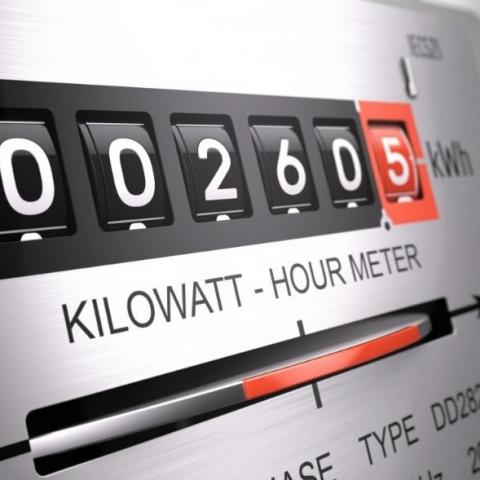
The cost of your energy can change in line with wholesale market prices. However, most suppliers over inflate variable prices and in some cases can be more than 70% higher than a fully fixed tariff. If you want to go onto a tariff which does vary with the movement of market, then the club could look into flexible procurement.
Pros:
- Potential savings: You may pay less when wholesale prices drop.
- Market-reflective pricing: Your tariff aligns with real-time energy supply/demand.
- Short-term flexibility: Often no long-term lock-in; easier to switch if prices spike.
- Flexible purchasing: The club can decide to purchase a bulk of energy when the market is lower.
Cons:
- Price volatility: Bills can increase unpredictably during market spikes.
- Budgeting challenges: Harder to forecast monthly energy costs.
- Higher risk exposure: Events like extreme weather or geopolitical issues can cause sudden increases.
- Too small usage: Most clubs dot no use enough energy to enter a flexible agreement on their own, with most flexible contracts needing the end user to be using around 1,000,000 kWh a year.
Pass-Through Charges
These are non-energy costs that are itemized and charged separately on your bill. They include the following::
- Network costs (e.g., transmission, distribution)
- Environmental levies
- System balancing costs
- Government obligations (e.g., Capacity Market, CfD)
Pros:
- Transparent billing: Breakdown of where your money goes.
- Potential cost accuracy: You only pay actual costs rather than supplier estimates.
- Avoids supplier margin stacking: Some fixed tariffs include inflated estimates for these costs.
Cons:
- Uncertainty: These charges can change due to regulation or policy shifts.
- Complexity: Bills are harder to read and understand.
- No cost control: You can’t influence these charges; they’re determined by external bodies.
Fixed Tariffs
1. PRICE CERTAINTY & STABILITY
- You lock in a fixed price per kWh for the duration of the contract (e.g., 12–36 months).
- Your energy costs are predictable, which is especially important for businesses that need cost forecasting.
- Energy markets can be extremely volatile due to:
- Geopolitical tensions
- Fuel supply issues
- Seasonal demand spikes (e.g., winter)
- A fixed tariff shields you from these fluctuations.
2. PROTECTION FROM MARKET VOLATILITY
*In 2021–2022, for example, variable rate customers saw bills increase drastically — fixed customers were protected.
3. SIMPLIFIED BILLING
- All-in-one pricing usually includes:
- Wholesale energy
- Network charges
- Government levies
- Makes bills easier to understand and compare.
No need to track individual pass-through charges or worry about regulatory shifts.
4. BETTER BUDGETING & FORECASTING
- For businesses: you can set more accurate operating budgets.
- For households: easier to manage monthly expenses and avoid bill shock.
This is critical for cash flow management and financial planning.
5. PEACE OF MIND
- No need to monitor energy market trends or try to "time" the market.
- You pay for consistency and reduced stress — especially useful if:
- You don’t want to gamble with your bills.
- You prefer convenience over chasing small savings.
We hope that has helped you understand the benefits of each tariff and why we prefer to use the fixed tariff when proposing new contracts for clubs, feel free to send us a recent energy bill to provide expert feedback on your current arrangements.
